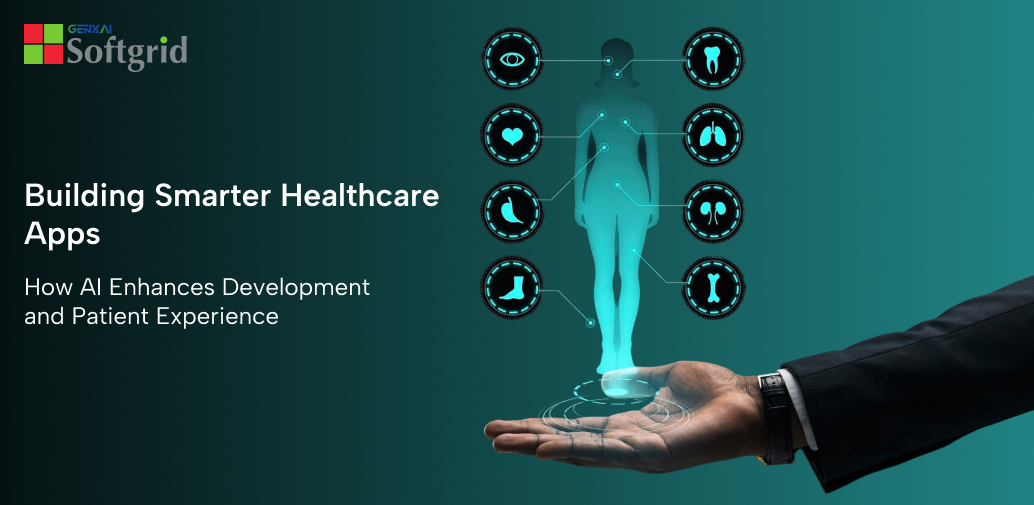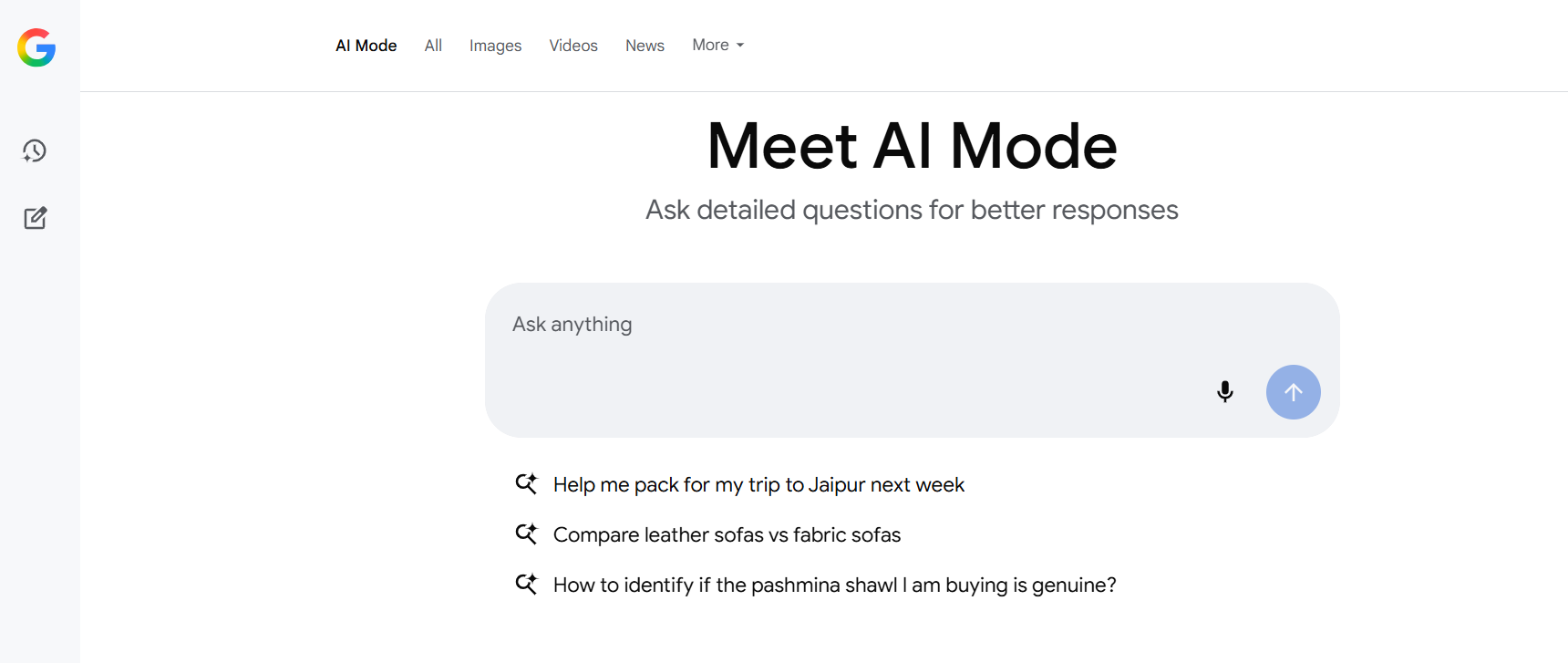Robotic Process Automation is one of the rapidly rising technologies. This technology is expected to shape the future of the healthcare industry. A few surveys suggest that the emerging technologies in healthcare are expected to bring home $350 billion to $410 billion annually by 2025. The care delivery system changed rapidly post the pandemic.
Healthcare facilities from across the globe are now focussing on the accelerated implementation of healthcare technologies to ensure better patient outcomes and improve clinical workflow. Technologies such as robotic process automation have helped healthcare professionals to ease workflows and ensure better remote patient care even when they were overwhelmed post the pandemic.
While robotic process automation has been used by various industries, it is vital for the healthcare industry to keep up with emerging technologies. Implementing this technology will free clinicians from their mundane, repetitive tasks and empower them to concentrate on better care delivery instead, bringing better patient outcomes and many other numerous benefits to the workplace.
But before we dwell deep into the benefits of implementing Robotic Process Automation it is quintessential to understand the technology. It will help healthcare faculties to understand how the technology works and what they bring to the table by implementing this technology.
What is Robotic Process Automation?
Robotic Process Automation helps in improving certain applications of specific technologies that are used in the healthcare industry and others to help automate boring and mundane tasks. Implementing the technology in a healthcare facility will ease the life of a clinician ensuring better productivity, effectiveness and value with fewer investments. Essentially, what this software does is, captures and interprets processes that involve executing transactions, manipulating data, triggering responses and communicating with other digital systems within the domain of the healthcare facility.
This technology is gaining rapid popularity in the healthcare industry and the industry is yet to unlock and use the technology to its full potential. The magnitude of the success of this technology is directly proportional to the incremental improvement caused in the clinical workflow and patient outcomes after implementing the robotic process automation. However, this cannot be judged in a short span and it will require a lot more time for healthcare facilities to recognize its value.
According to many surveys conducted, the healthcare industry has a 36% potential for automation technical advancements. Implementing robotic process automation is expected to be the fastest and the largest technical implementation across the healthcare industry. This will result in better patient outcomes and will increase productivity in the healthcare facility. Scheduling, laboratory test-review tasks, personal health records, physician order entry, electronic medical records, automation of data collection from patients in the waiting room, remote test ordering, and repetition of prescriptions, clinical decision–support systems, telehealth and telemedicine systems – are just a few of the large spectrum of robotic automated process application areas in healthcare.
Top 6 benefits of robotic process automation in healthcare
Robotic process automation ensures that the monotonous and mundane tasks of healthcare professionals are performed by software and artificial intelligence rather than manually. This process is supported by the concrete benefits that prove the need for robotic process automation in healthcare.
In short, automated robotic processes, more streamlined, effective, faster, and less prone to errors. This process results in the elimination of redundancy and simplifies workflows. In addition to that, it also accelerates drug approvals, clinical trials, and improves care delivery. Healthcare clients are the primary beneficiaries which consequently improves patient outcomes. With a seamless workflow, the healthcare facility and its employees will notice the gains and likely be more determined to continue the automation journey.
1. Processing cost reductions
Surveys and studies suggest that the success story of implementing robotic process automation in a healthcare facility is required to increase operational control in order to improve patients’ experience.
2. Stronger billing cycle
Accounts payable and data digitization processes can be automated by robotic process automation, thereby improving the healthcare facilities’ billing efficiency. By upgrading the administrative processes, healthcare faculty can significantly economize labour and financial resources.
3. Cost reductions
By bypassing robots manually-intensive tasks, healthcare professionals save time. Healthcare providers can use the additional time resource to produce higher-value work, e.g., by focusing on improving patient outcomes by fine-graining patient attendance rather than getting professionals involved in data entry and expanding their clinical training.
4. Better employee satisfaction
The chain of positive effects in healthcare doesn’t stop here! This is a further consequence of the above mentioned benefit. Experts and pioneers of transitioning healthcare to a digital industry, believe that a higher level of healthcare professionals’ job satisfaction is directly proportional not only to better care for the patients but also with a higher return of investment for the healthcare facility.
5. Appointment turnout optimisation
Softwares and emerging technologies with their capacity to integrate information from various sources can have a significant impact on increasing the efficiency of patients’ schedules. This competence allows healthcare professionals to include a wide range of factors in patients’ appointment requests, including their medical histories, current diagnosis, location, insurance carrier, personal preferences, etc.,
6. Superior healthcare quality
This is perhaps the ultimate, all-encompassing benefit of implementing robotic process automation in healthcare. The technology saves time, eliminates the risk of human error, and allows healthcare professionals to focus on more valuable, patient-centred care delivery. It is undeniable that automation improves patient satisfaction.
The promise of adequate care for a growing number of people turns RPA in healthcare into something more than a mere alternative.
Final thoughts:
Robotic automated process technology is advanced software that will revolutionize the clinical workflow making it seamless and increasing productivity. This technology has changed how business and business processes run for the better. Healthcare facilities have to create a diverse team of stakeholders to successfully implement robotic process automation solutions, , which will include the people who are impacted by a process problem that impedes their productivity, the leaders of those people, and those with the technological know-how to automate the processes.
If you are looking for Robotic process automation installation to optimize the clinical workflow in your healthcare facility, SoftGrid Computers is your one-stop destination. We are pioneers in healthcare technologies and have helped multiple healthcare facilities in incorporating digital advancements to improve patient outcomes and enhance their existing clinical workflow.

 Web and Full Stack
Web and Full Stack CMS and Frameworks
CMS and Frameworks Online Marketing
Online Marketing Cloud Services
Cloud Services ECommerce
ECommerce Mobile
Mobile



